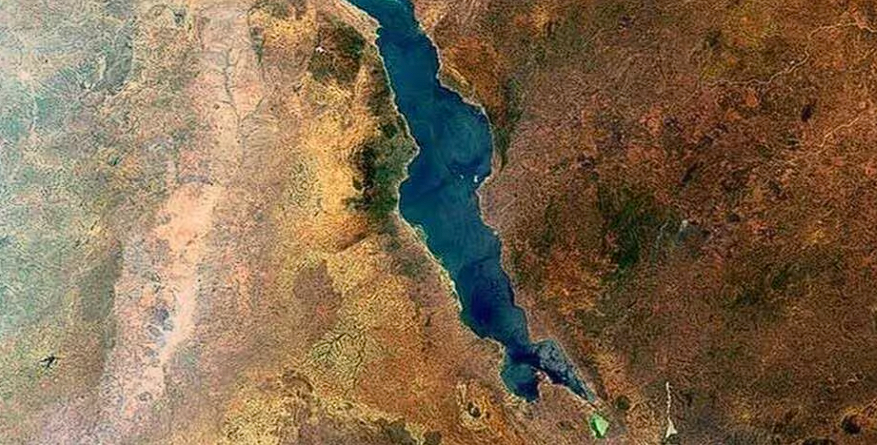Geological Phenomenon in Africa Signals Emergence of a New Ocean.
Others are reading now
An enormous rift is forming in Africa, heralding the formation of a new ocean sooner than expected. This emerging ocean is taking shape as a rift that appeared fifteen years ago in the African continent, transforming into an oceanic ridge. Recent scientific discoveries suggest that the emergence of this new ocean will occur more rapidly than anticipated.
The temperatures in the Afar region in Eastern Ethiopia, one of the hottest and driest lands in the world, can reach 50 °C. For nine months of the year, it often doesn’t rain at all. Yet, in several million years, this area is predicted to become a new ocean teeming with fish. However, this estimate might be revised downwards based on new scientific findings, indicating that the emergence of this new ocean could happen sooner than expected.
Cynthia Ebinger, a geophysicist at Tulane University in New Orleans, told the Brazilian version of the BBC, “We have reduced the time to about one million years, maybe even half.”
The rift is part of a “violent” fissure. “For 25 million years, the land has been fracturing in East Africa,” explains the National Center for Scientific Research (CNRS). The Afar is a land triangle at the junction of three tectonic plates: the Nubian plate, which makes up most of Africa, the Arabian plate in the north, and the Somali plate, which covers the west of the Indian Ocean including Madagascar, the Seychelles, and the Comoros. In September 2005, after a series of 420 earthquakes, the ground in this region suddenly tore apart.
Also read
“This violent fissure, which would normally have formed over several hundred years of tectonic plate movements, occurred in just a few days,” Cynthia Ebinger explained to NBC. The rift now extends nearly 60 km and 10 meters deep, continuing to deepen and widen more and more rapidly.
However, it’s not exactly a “new ocean.” Christopher Moore, a doctoral student at the University of Leeds, who monitors volcanic activity in the region using satellite data, testified in 2020, “It’s the only place on Earth where you can see continental crust becoming oceanic crust.” Three years later, in late December 2023, Cynthia Ebinger clarified, “In fact, it won’t be exactly a new ocean, even if we commonly call it that. Visualize it as an expansion of the Red Sea.”
The Arabian plate is moving away from Africa by 2.5 centimeters per year, while the other two plates are moving by half a centimeter each. This slow movement will eventually divide the continent in two, cut by an immense body of saltwater from the Red Sea and the Gulf of Aden. And this new geography could appear “quickly.”
A new “ocean” in less than a million years
In November 2023, nine scientists, including Cynthia Ebinger, published a study in the journal Tectonophysics, presenting a 3D model of geological actions occurring in the region.
Their research conclusions suggest that a narrow zone of ocean floor expansion is being born in the Afar region. “[Cynthia Ebinger] now estimates that it will take less than a million years to form the new ocean, from the waters of the Red Sea,” reports the BBC.
Large earthquakes or major volcanic eruptions could even further accelerate this already well-underway process.



